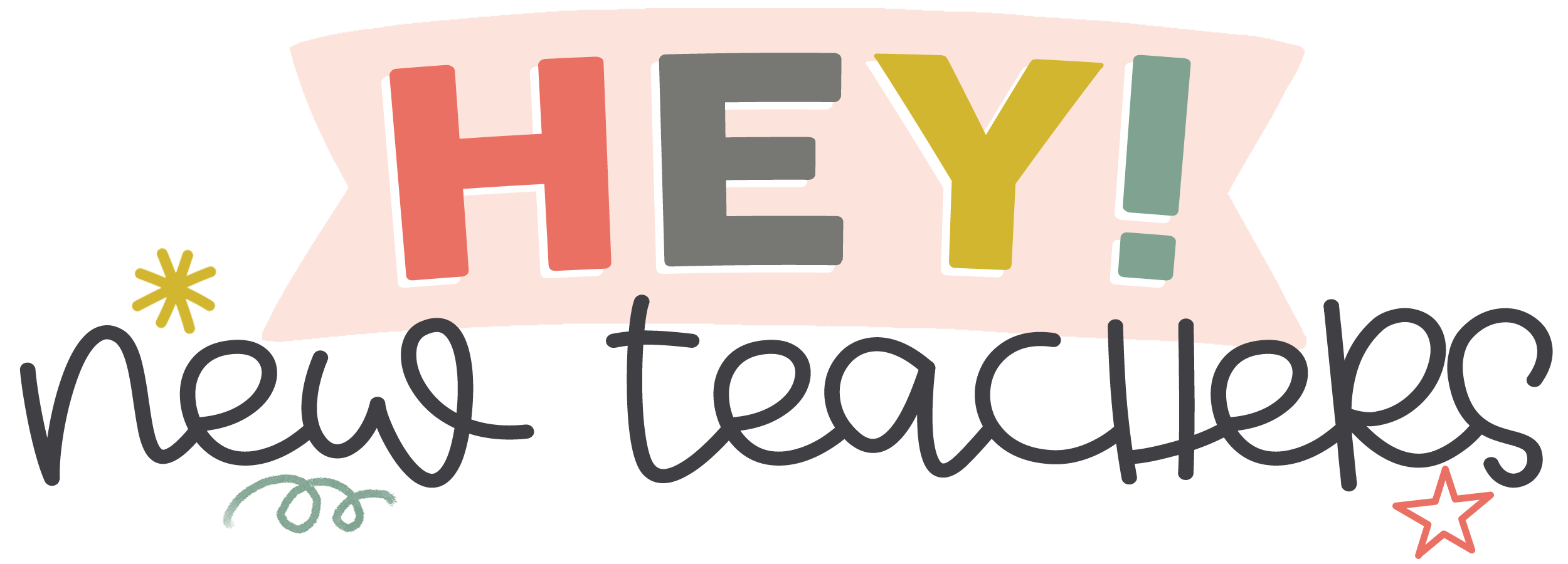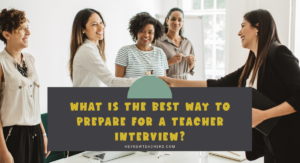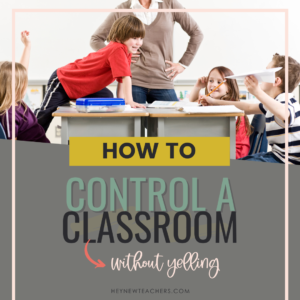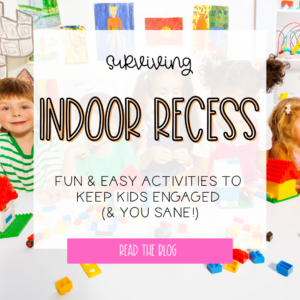7 Parent-Teacher Conference Tips for New Teachers to Ace Your Next PTC
Parent-teacher conference serves as pivotal moments in a student’s academic journey, offering educators and parents the opportunity to collaborate and support the child’s growth and development. To ensure these conferences are productive and beneficial for all involved, it’s essential to approach them with thorough preparation, effective communication strategies, and a positive mindset. Here’s a detailed guide on navigating parent-teacher conference with ease, covering everything from preparation to alternative communication methods.
Hold up a second! Have you downloaded my FREE Student Engagement Guide? If not, drop your name and email below, and I’ll send it straight to your inbox!
Prepare Thoroughly
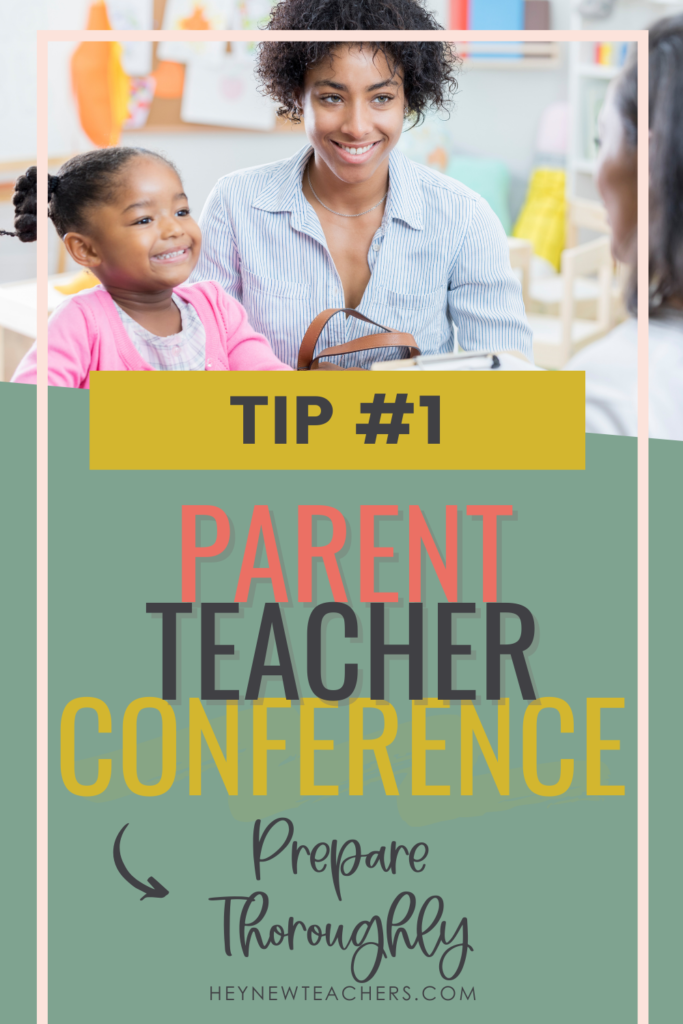
Review Student Progress:
Begin by thoroughly reviewing each student’s progress, including assessments, assignments, and behavioral observations. Consider the student’s academic achievements, social interactions, and areas for improvement to provide a comprehensive overview during the conference.
Familiarize Yourself with Reports:
Take the time to familiarize yourself with the reports and documentation you’ll be sharing with parents. This may include progress reports, test scores, attendance records, and samples of student work. Ensure that you understand the information thoroughly and can explain it clearly to parents.
Anticipate Questions and Concerns:
Anticipate potential questions or concerns that parents may have about their child’s progress or behavior. Consider common areas of confusion or areas where parents may seek clarification, and prepare thoughtful responses in advance to address these issues effectively.
Gather Examples of Student Work:
Collect specific examples of each student’s work to showcase their progress and achievements. These may include written assignments, artwork, projects, or assessments. Having tangible examples to reference during the conference can provide valuable insights and evidence of the student’s growth.
Organize Efficiently
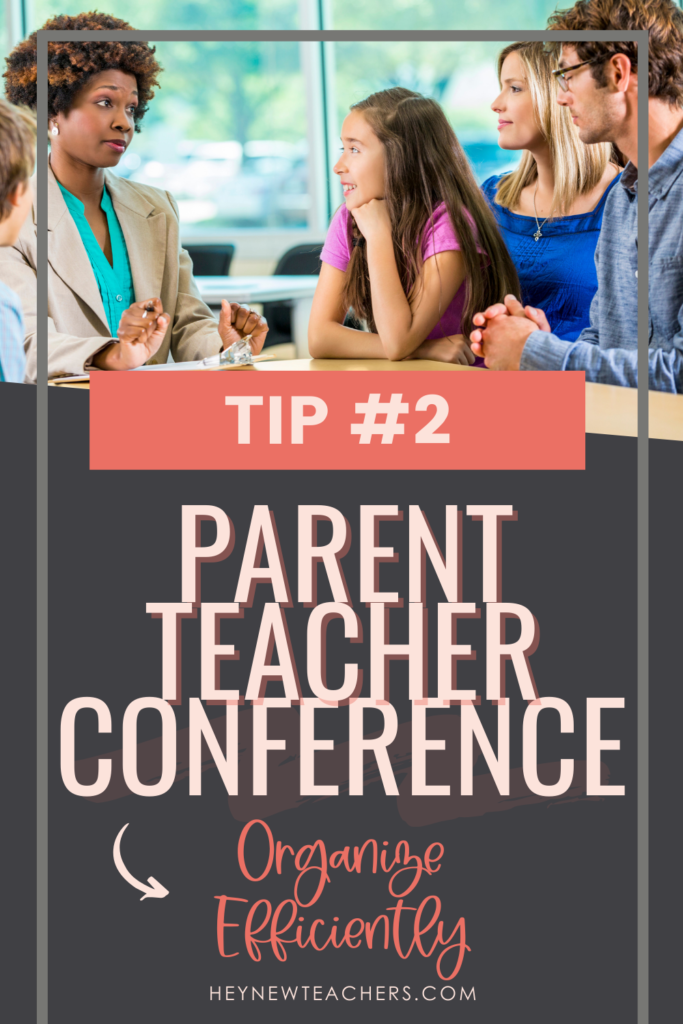
Utilize Student Folders:
Organize relevant materials for each student in individual folders, including reports, samples of work, and any additional documentation. Arrange these folders in the order of scheduled conferences to facilitate easy access and streamline the process.
Create a Conference Schedule:
Develop a clear schedule for parent-teacher conference, ensuring that each meeting has a designated time slot. Display the schedule prominently outside your classroom or office, and provide copies to parents to keep them informed and punctual.
Provide Comfortable Waiting Area:
Create a welcoming and comfortable waiting area for parents and families, equipped with seating, reading materials, and refreshments. Consider setting up interactive displays or educational activities to engage younger siblings or students waiting for their conference.
Use a Positive Tone
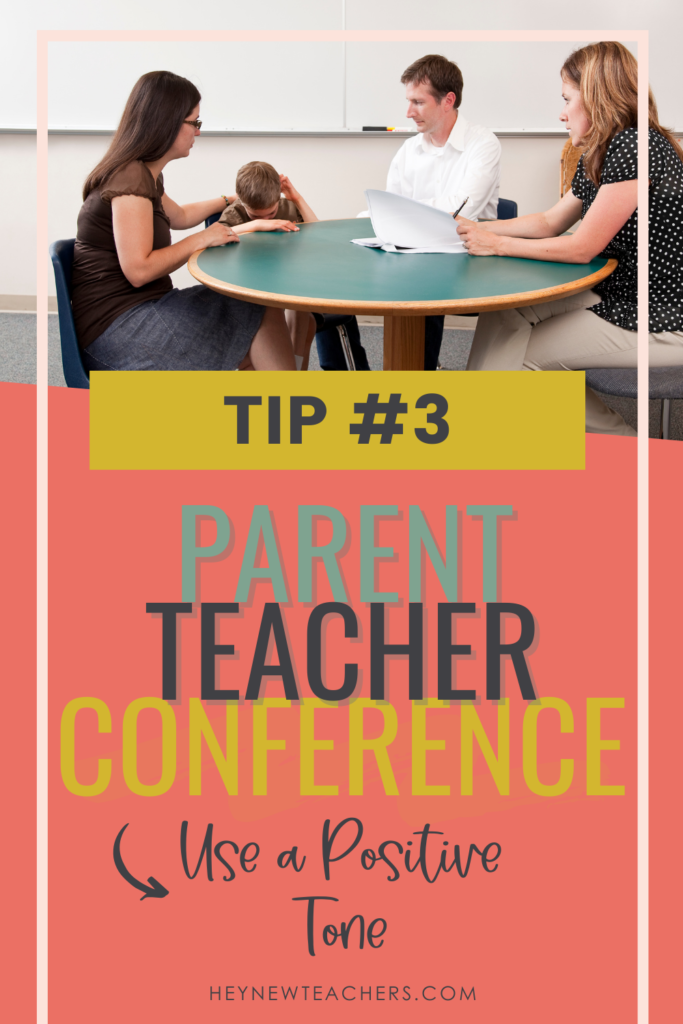
Start on a Positive Note:
Begin each parent-teacher conference by acknowledging the student’s strengths and positive attributes. Highlight achievements, progress, and areas where the student excels to set a positive tone for the discussion.
Express Appreciation:
Express gratitude for the parent’s involvement in their child’s education and their attendance at the conference. Acknowledge their role as partners in the student’s learning journey and convey appreciation for their support and collaboration.
Emphasize Partnership:
Emphasize the importance of teamwork and collaboration between educators and parents in supporting the student’s academic and personal growth. Reassure parents that you are committed to working together to address any challenges and help their child succeed.
Celebrate Achievements
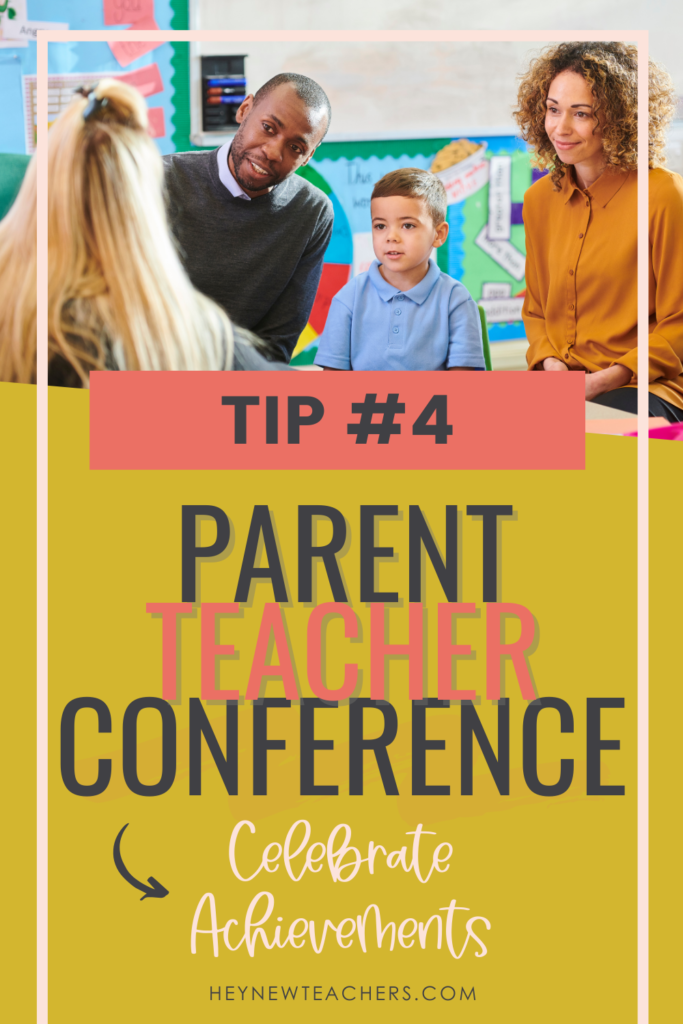
Recognize Growth and Progress:
Take the time to recognize and celebrate the student’s achievements and progress since the beginning of the school year. Highlight improvements in academic performance, behavior, or social skills to reinforce positive behaviors and encourage continued growth.
Involve the Student:
Whenever possible, involve the student in the conversation and celebration of their achievements. Provide opportunities for them to share their accomplishments, goals, and aspirations, and encourage them to take ownership of their learning journey.
Focus on Confidence:
Emphasize the importance of building confidence and self-esteem in the student’s academic and personal abilities. Highlight instances where the student has demonstrated resilience, perseverance, or determination, and encourage parents to reinforce positive affirmations and praise at home.
Set Clear Goals
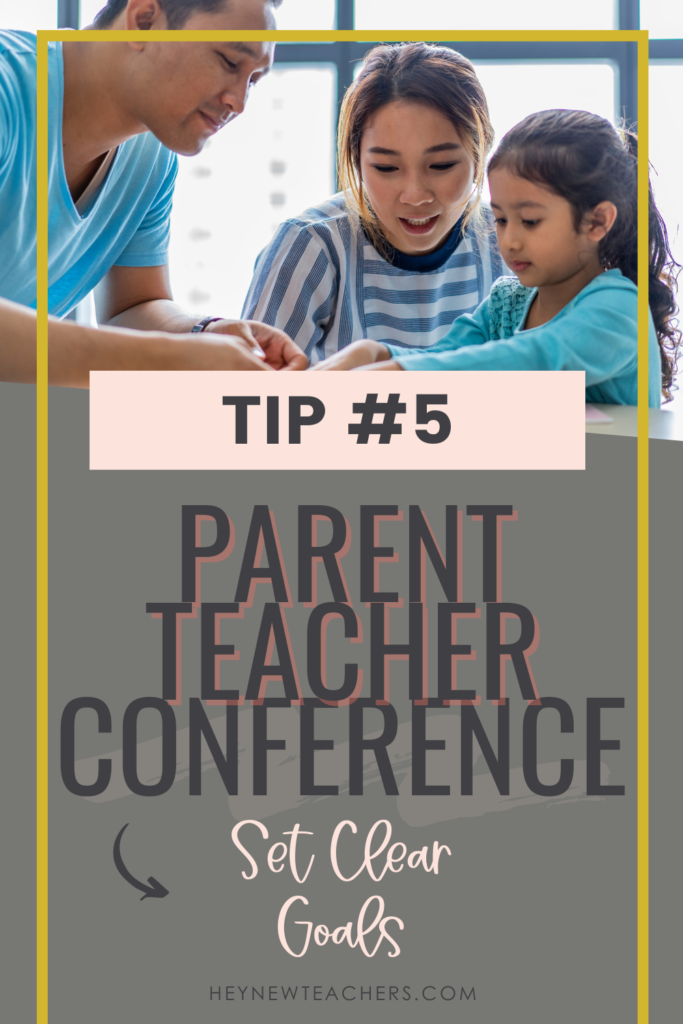
Establish Achievable Objectives:
Collaborate with parents to establish clear, achievable goals for the student’s academic, social, and personal development. Break down larger goals into smaller, measurable objectives, and develop a plan for monitoring progress and providing support.
Provide Supportive Resources:
Offer parents practical strategies and resources to support their child’s goals at home, such as recommended reading materials, educational websites, or learning activities. Encourage open communication and partnership to ensure that goals are aligned with the student’s needs and aspirations.
Track Progress:
Regularly review and assess the students’ progress toward their goals, and adjust strategies or interventions as needed. Maintain ongoing communication with parents to keep them informed of their child’s development and solicit feedback on their experiences and observations.
Communicate Effectively
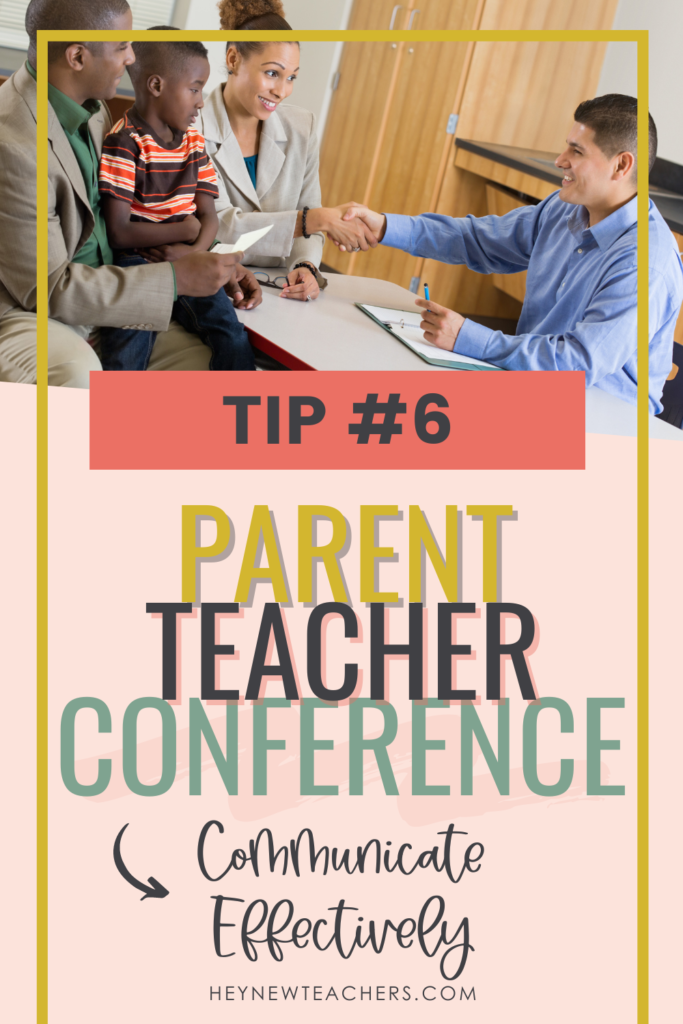
Use Clear Language:
Communicate information clearly and concisely, using language that is accessible and understandable to parents. Avoid educational jargon or technical terminology, and provide explanations or examples as needed to clarify complex concepts or assessments.
Utilize Visual Aids:
Supplement verbal explanations with visual aids, such as charts, graphs, or examples of student work, to enhance comprehension and retention. Visual aids can help illustrate key points, highlight trends or patterns, and provide concrete evidence of the student’s progress.
Encourage Questions and Clarifications:
Create a welcoming and supportive environment where parents feel comfortable asking questions or seeking clarification on any aspect of their child’s education. Encourage active participation and engagement, and demonstrate openness to feedback and collaboration.
Alternative Communication Methods for Parent-TEacher Conference
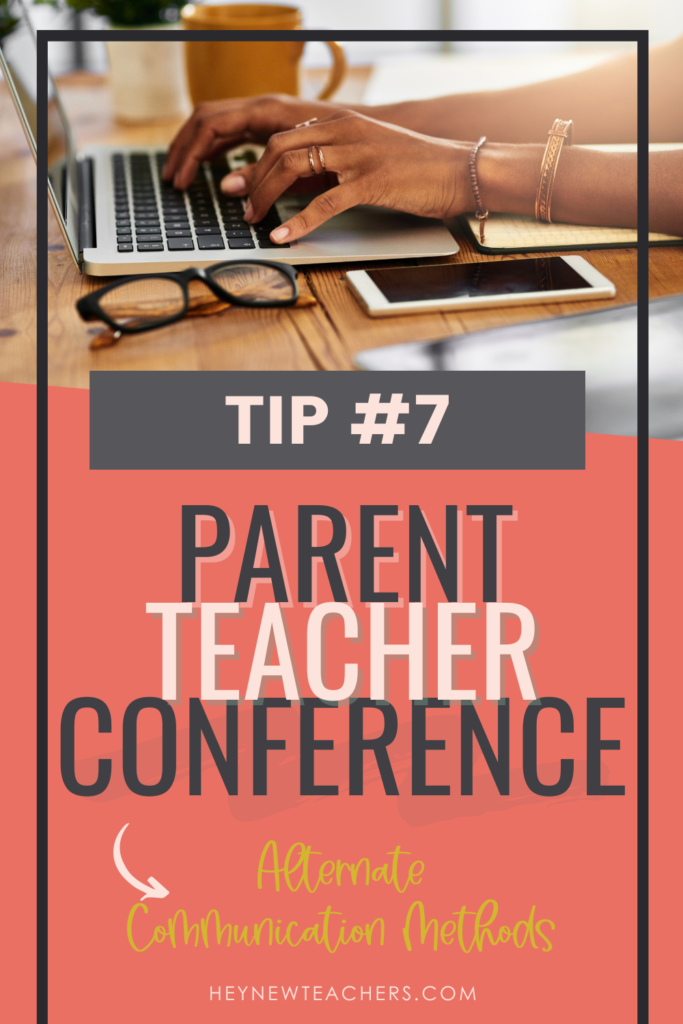
Letter Explaining Reports:
If a formal parent-teacher conference is not feasible, consider alternative methods of communication, such as sending a letter explaining assessment results, progress reports, and next steps. Provide clear instructions and contact information for parents to follow up with any questions or concerns.
Phone Calls and Virtual Meetings:
Schedule phone calls or virtual meetings with parents to discuss their child’s progress and address any concerns or questions they may have. Use online platforms or communication tools to facilitate remote conferences and maintain ongoing engagement with parents.
Schedule Your Own Conferences:
Often, it is more valuable and productive to meet with parents in person. If you feel this is the case, you can schedule your own parent-teacher conference. Schedule these meetings before or after school.
You can use scheduling software such as Calendly, Sign-Up Genius, or Google Appointments. Using scheduling software allows parents to sign up digitally, increasing the likelihood that they will sign up to meet with you about their student.
These alternative approaches can foster stronger connections between educators and families and promote collaborative partnerships.
Student engagement is directly correlated with student learning. It’s a lot more fun to have a parent-teacher conference that is positive. Download my FREE guide to Student Engagement by dropping your name and email below!
Parent-teacher conferences are invaluable opportunities to build strong relationships between educators and families, foster student success, and promote collaborative partnerships in support of the child’s academic and personal development. By preparing thoroughly, organizing efficiently, maintaining a positive tone, celebrating achievements, setting clear goals, communicating effectively, and exploring alternative communication methods when necessary, educators can navigate parent-teacher conferences with confidence and ensure meaningful and productive discussions that benefit students, parents, and teachers alike.
